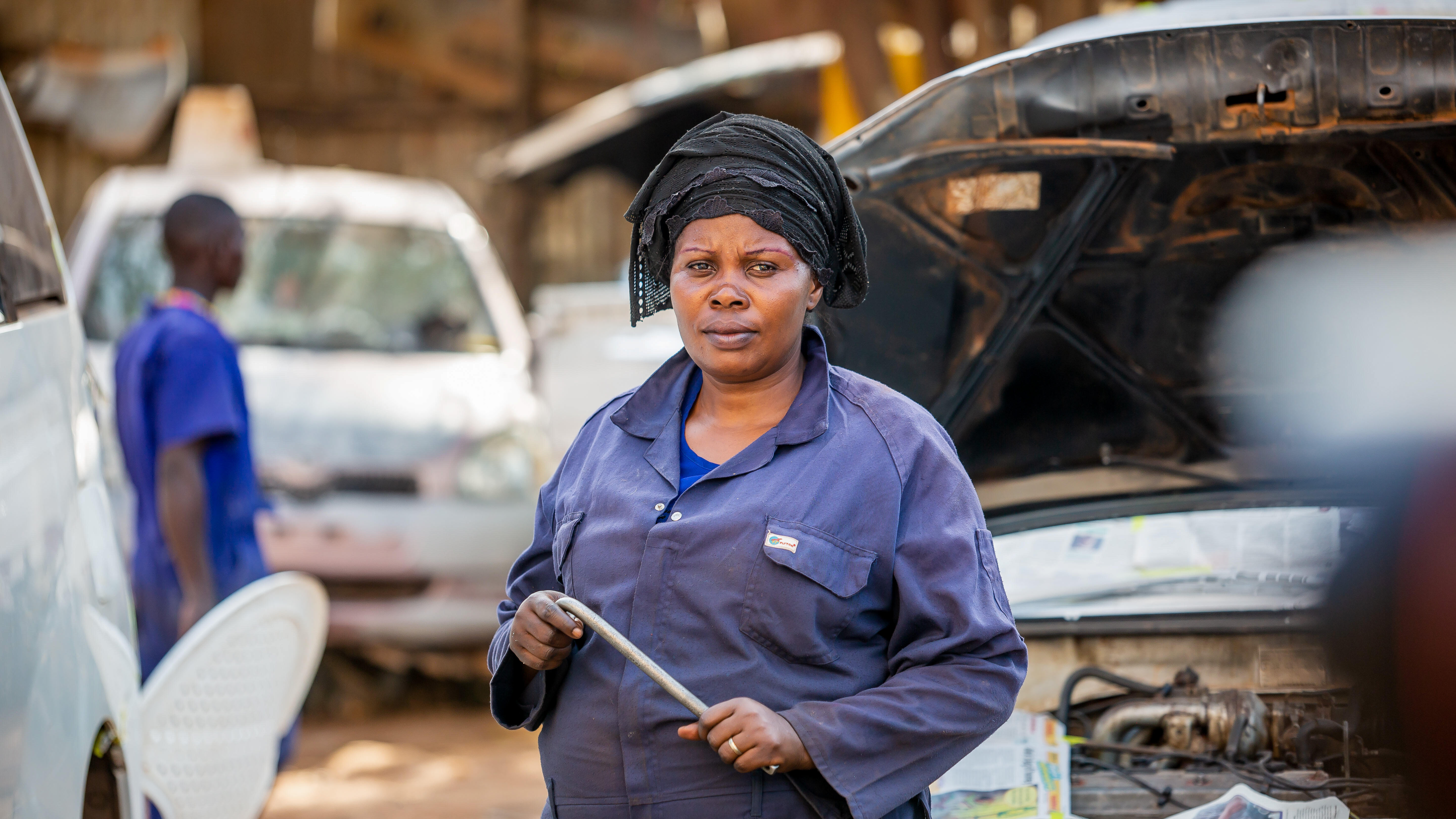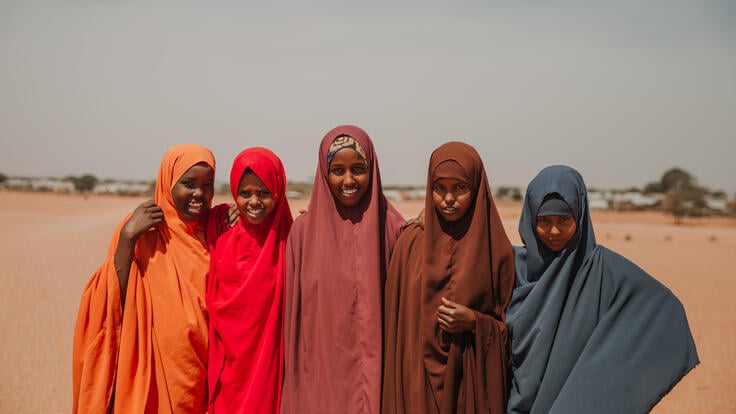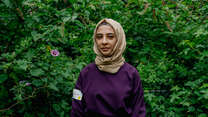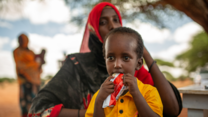IRC warns of alarming increase in acute malnutrition cases in Uganda’s refugee settlements
- The number of cases across five settlements has risen by nearly 50% from 2021 to 2022
- 36,590 children aged 6-59 months across all refugee settlements are expected to suffer from acute malnutrition
Country facts
- Population: 41.8 million
- Number of refugees: 1.3 million
- Rank in Human Development Index: 163 of 188
IRC response
- Started work in Uganda: 1998
- People assisted: Almost 1.2 million
Uganda, located in East Africa, spent decades in the grip of violent conflict before becoming host to the third largest influx of refugees in Africa. The IRC helps vulnerable Ugandans recover from war and safely rebuild their communities.
In 1998, rebel group the Lord’s Resistance Army (LRA) began terrorising Uganda, killing tens of thousands and displacing more than 1 million people. Many Ugandans ended up living in camps that lacked food, clean water and sanitation. Thousands of children also fell victim to the war, abducted by rebel groups to serve as fighters.
Following a peace agreement in 2006, Ugandans have been working to rebuild their lives and restore their communities. Many families, schools, clinics and markets were destroyed after decades of conflict.
Uganda is also host to over 1.3 million refugees. Most recently, the country has seen an influx of almost 1 million refugees from South Sudan, due to armed violence and political unrest since July 2016.
Uganda has some of the most progressive refugee policies of any nation, allowing freedom of movement and the right to work. Refugees need immediate protection, as well as safe communities with services that prevent and respond to violence and inform them of their rights.
Uganda also needs to make progress in improving maternal health and preventing and treating diseases. AIDS, tuberculosis, and malaria are the leading causes of death, and are exacerbated by the refugee influx. Women’s health is especially poor; at least a third of women who survive childbirth are left with chronic and debilitating health conditions.
As poverty continues to spread and natural disasters such as drought and floods threaten people’s homes and livelihoods, Uganda’s resources are quickly being overwhelmed.
The IRC’s mission is to help people whose lives and livelihoods are shattered by conflict and disaster to survive, recover and gain control of their future.
We first began working in Uganda in 1998 to help the 1.8 million Ugandans who had been forced to flee their homes as a result of the LRA conflict. We have been committed to protecting women and children from violence and exploitation, and helping communities rebuild. As a growing number of South Sudanese refugees fled to Uganda, we also began working in two of the main settlements hosting them.
As the country struggles to recover from the effects of war and host a growing population of refugees, the IRC is focusing our efforts in the Adjumani and Kiryandongo districts as well as the Acholi and Karamoja sub-regions by:
- providing women with resources and services to assure their safety, health and financial independence;
- helping farmers and small-business owners succeed, linking them to markets and credit for their businesses;
- teaching youth business skills, linking them to apprenticeship opportunities and providing them with seed grants for business initiatives;
- providing medical equipment, training health care workers, and educating communities to improve sanitation;
- teaching local community members to diagnose and treat common illnesses and make referrals to health centers;
- ensuring all children are immunised, by deploying new mobile app technologies and community engagement strategies.
The IRC’s work in Uganda is more critical than ever as Ugandans remain vulnerable to disaster and conflict, and refugees continue to seek safety in the country. We pledge to put the needs of those most affected by crisis, specifically women and girls, at the forefront of our efforts and to achieve measurable improvements in health, education and economic well-being. Here’s a closer look at some of the work we will be doing over the next few years to achieve our goals.
We will continue to work with those affected by conflict and natural disaster, especially in hard-to-reach rural areas. We’ll also continue to support vulnerable refugees and host communities, expanding our work in refugee settlements in West Nile.
IRC teams and partners currently reach more than 1,184,492 people in Uganda with lifesaving support. Through 2020, our work will focus on the following areas:
Health
People should be protected from illness and receive medical treatment when they need it. The IRC will work to ensure that women and adolescent girls are protected from and treated for complications of pregnancy and childbirth. We will help ensure that children are protected from and treated for diseases such as pneumonia and malaria.
The IRC will also provide expanded immunisation services and ensure that health care providers have the tools and skills needed to serve refugees and host communities.
Safety
People should be safe in their communities and receive support when they experience harm. The IRC will regularly monitor and assess risks, share information effectively with the community, provide access to justice and case management, and create more protective spaces.
Refugees in particular have significant protection needs and face continued physical insecurity. As new arrivals to Uganda are overwhelmingly women and children, the IRC will run women and girls’ centers, provide psychosocial support and organize male engagement groups.
Economic wellbeing
People should have the means to meet basic needs; they should have opportunities to earn an income and build their assets. Towards this outcome, the IRC will provide cash, business skills development, start-up grants and income generation support to ensure people have the skills, tools and opportunities to earn income and become self-reliant.
Given the IRC’s commitment to gender equality and equal outcomes for women, girls, men, and boys, the IRC will continue to serve mainly women and children. The IRC will develop and incorporate tailored approaches to meet the unique needs of women, girls, men and boys across all programming areas.
Download the IRC's Uganda strategy action plan to learn more about our programme priorities through 2020.



